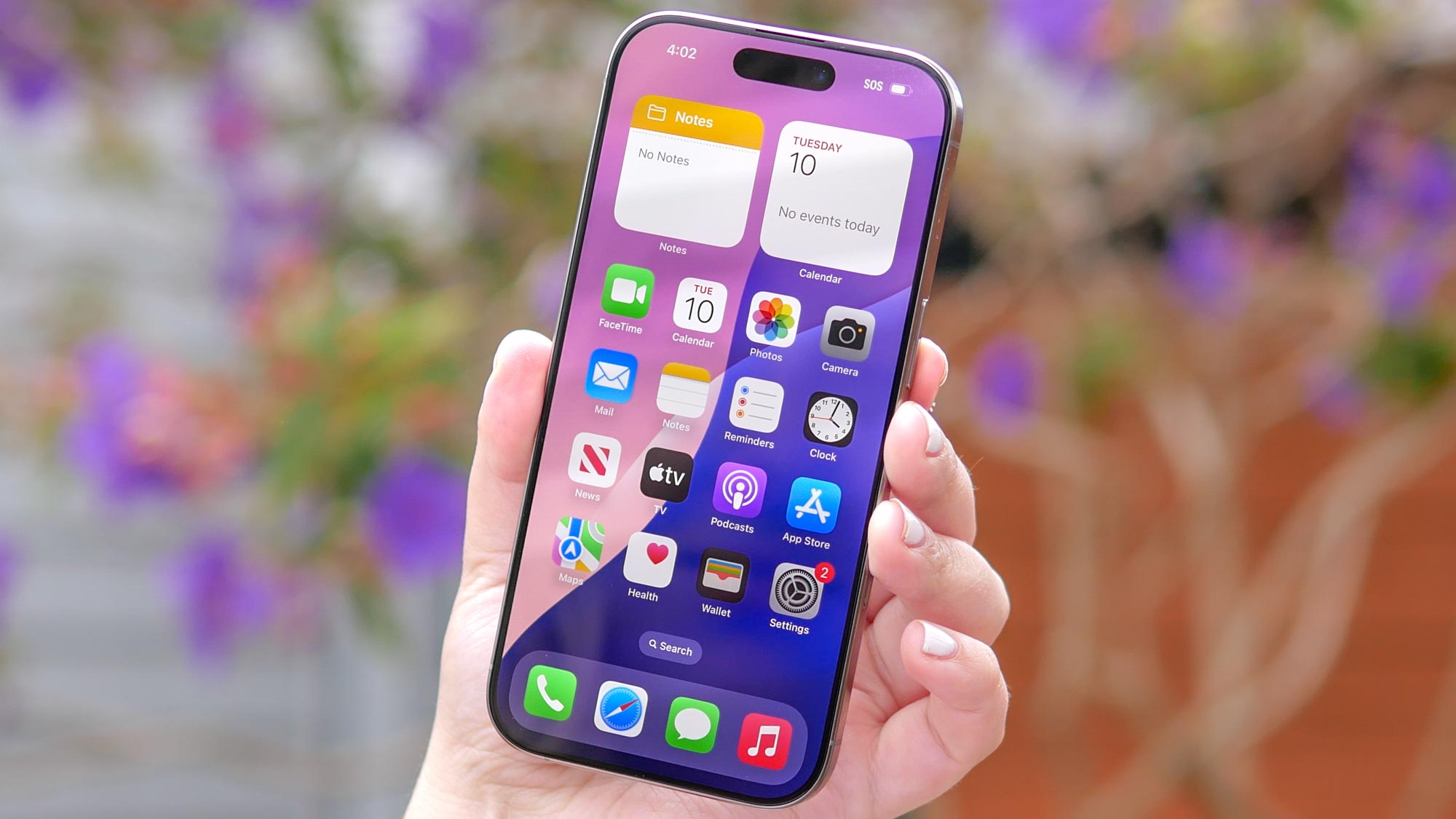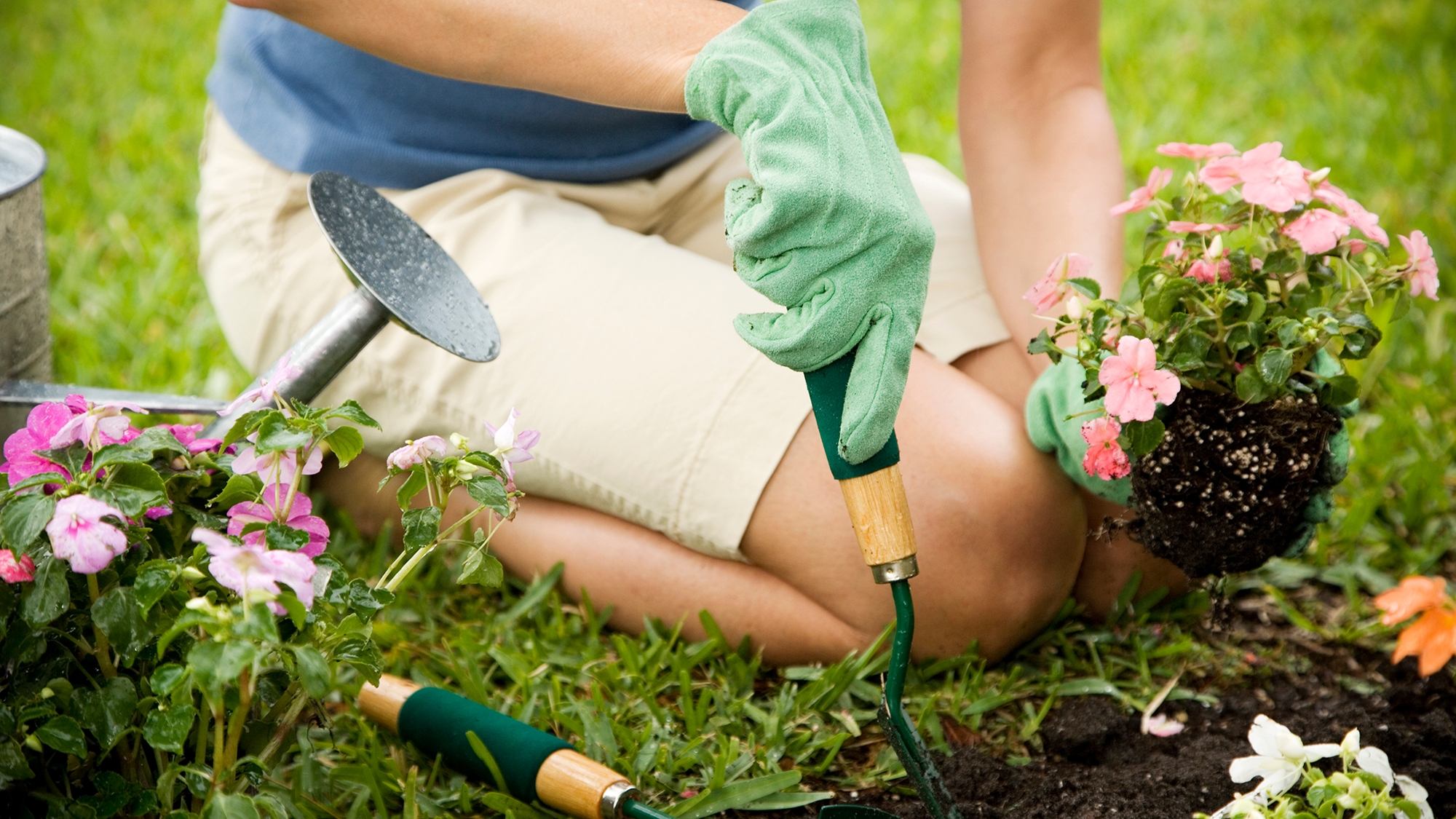From Instagram to TikTok to YouTube, social networks are no longer just for posting selfies or dance videos. For more than a third of American teenagers, they've also become the place to find information about mental health, according to a study by the Pew Research Center. For many teenagers, social networks are no longer just a place for entertainment: they also serve as a psychological refuge.
According to a study by the Pew Research Center, 34% of young people aged 13 to 17 say they at least sometimes get information about mental health on these platforms, and 9% do so extremely or fairly often. Hashtags such as #mentalhealth and #anxiety have racked up billions of views on TikTok. Testimonials, compassionate advice and pseudo-therapy videos all come together in a stream that's as dense as it is disparate.

And while mental health-related content is ubiquitous, it meets a real demand, since 63% of teenagers say social media is an important way they get information about mental health. Differing experiences Significantly more teenage girls than boys get this kind of content on social networks, at 40% versus 28%. But most agree that it's an important way to source this information (64% of girls, 60% of boys).
Experiences also differ in relation to ethnic origin. In fact, 49% of Black teenagers use social networks to find out about mental health, well ahead of Hispanic (35%) and White (30%) teens. These figures reflect a more extensive use of these platforms in communities most exposed to barriers to access to care.
An ambivalent relationship with social media At the same time, almost one in two teenagers (48%) consider that social networks have a mostly negative effect on people their age. And more and more of them recognise that their own mental health is suffering as a result: 14% in 2024, versus 9% in 2022. Another warning sign is that the feeling of having a support system through social networks is falling sharply.
In 2022, 67% of teenagers said they felt supported through social media. By 2024, this figure had dropped to 52%, reflecting emotional exhaustion and growing exposure to anxiety-inducing content. *The study was conducted online between September 18 and October 10, 2024, among 1,391 US teenagers and their parents, via the Ipsos KnowledgePanel representative panel.
Results were weighted to reflect the diversity of young people by age, gender, background and income. – AFP Relaxnews.
Technology

Social media is a mental heath resource for one in three US teens

From Instagram to TikTok to YouTube, social networks are no longer just for posting selfies or dance videos. For more than a third of American teenagers, they've also become the place to find information about mental health, according to a study by the Pew Research Center. Read full story















